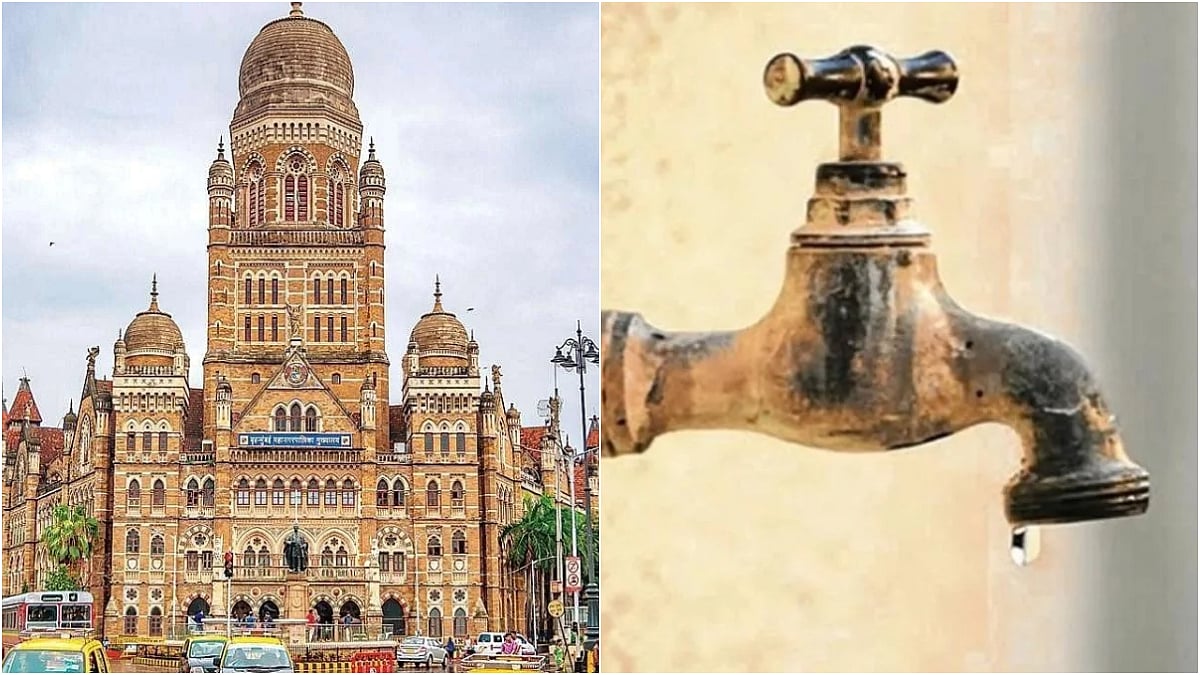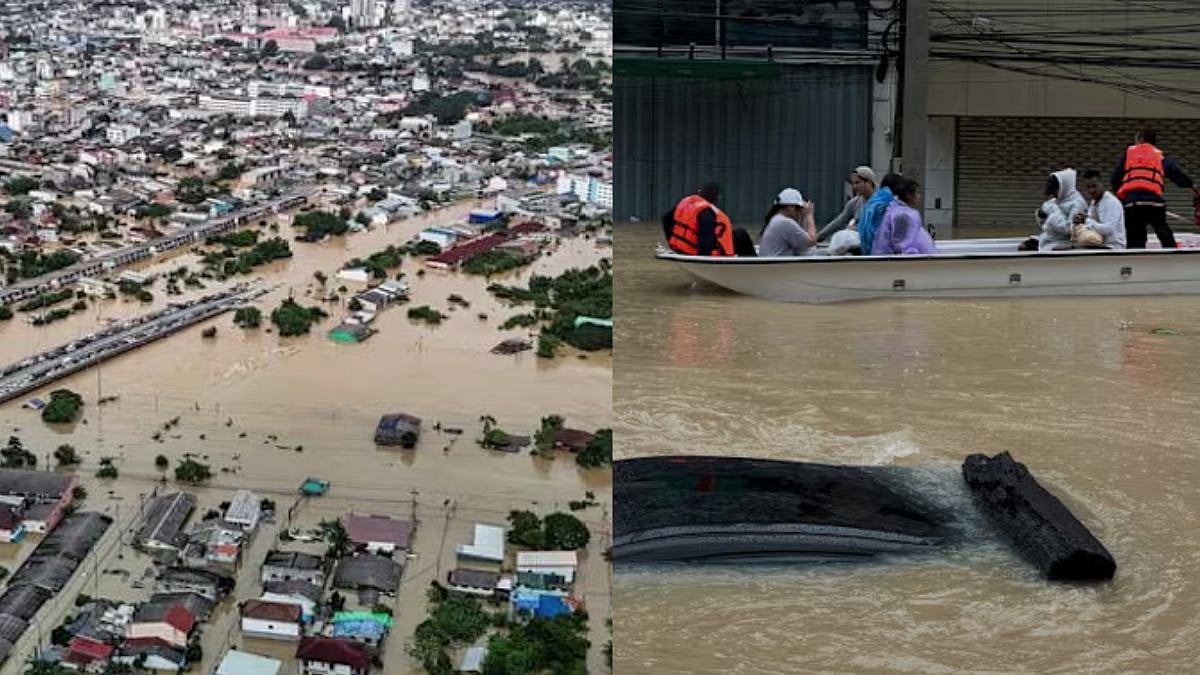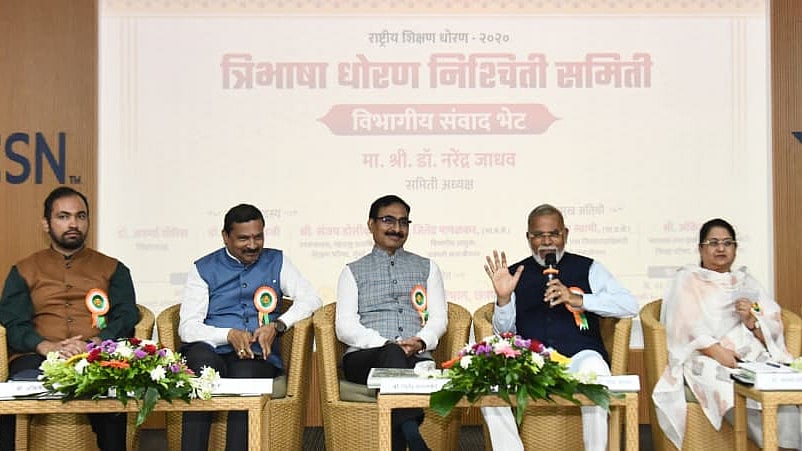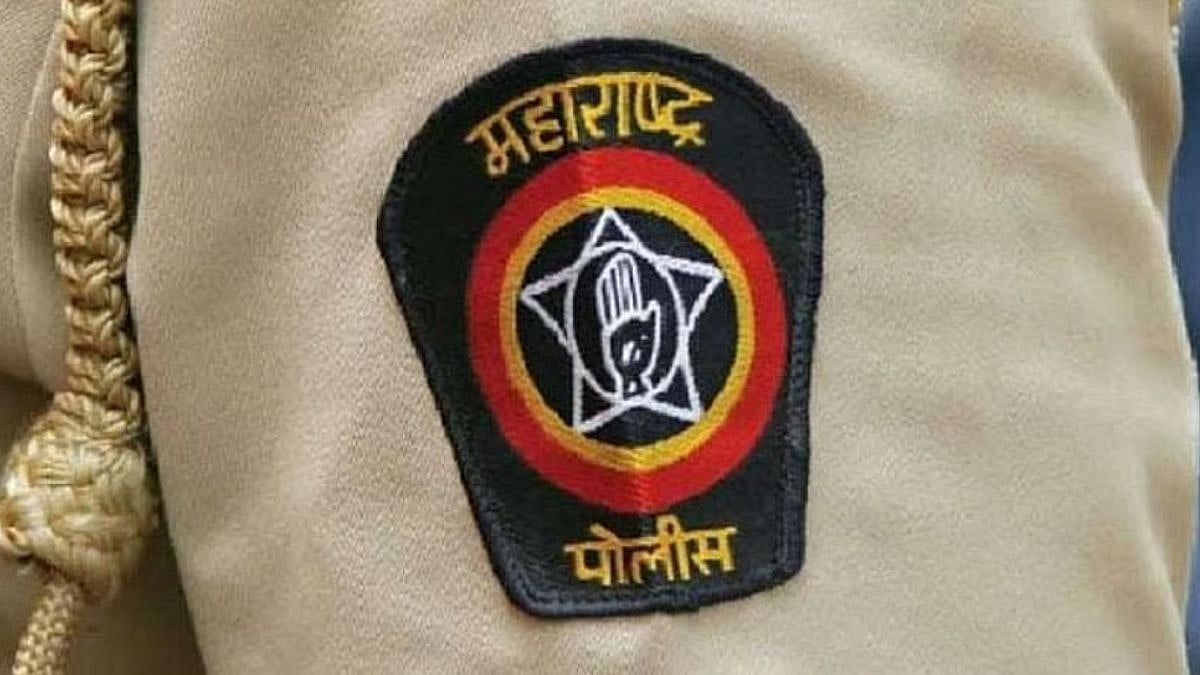The Japan International Cooperation Agency (JICA), on Monday, signed a loan agreement with the Government of India to provide an Official Development Assistance (ODA) loan of 100,000 million Japanese Yen (nearly Rs 6,000 crore) as Tranche 3 for Mumbai-Ahmedabad High-Speed Rail (MAHSR). The objective of the project is to develop a high-frequency mass transportation system by constructing the High-Speed Rail between Mumbai and Ahmedabad, using Japan’s Shinkansen technology (also known as the Bullet train).
The loan agreement was signed between Additional Secretary (Department of Economic Affairs) Rajat Kumar Mishra and senior representative, JICA India, Watanabe Jun.
JICA has been supporting the MAHSR project by providing ODA loans. The agreement is subsequent to the JPY 250,000 million (approximately Rs 18,000 crore) package of JICA’s commitment in 2017.
The loan agreement between JICA and the Centre came days after Chief Minister Eknath Shinde gave all clearances for the Bullet train to boost the development which was stuck during the Maha Vikas Aghadi government’s tenure.
Thereafter, the National High Speed Rail Corporation, which is the executing agency of the project, floated the tender for design and construction of underground terminal and tunnel at Bandra Kurla Complex. The Shinde-Fadnavis government has taken a policy decision to extend necessary support and approvals for the Rs 1.1 lakh-crore project.
Watanabe Jun said, “By introducing Japan’s HSR technology, this project has emerged as a symbol of Japan-India collaboration. We have witnessed great progress in civil work so far. We believe that the day is approaching when the Shinkansen system adopted in the project will contribute to region-wide economic and social development, bringing about income generation to local residents.” He said JICA aims to simplify mobility and ease connectivity with a safe and reliable inter-city transport system. “This Japan-India collaboration will ensure transfer of technology from Japan’s HSR system to India, and also give a boost to the Make in India initiative,” he added.







